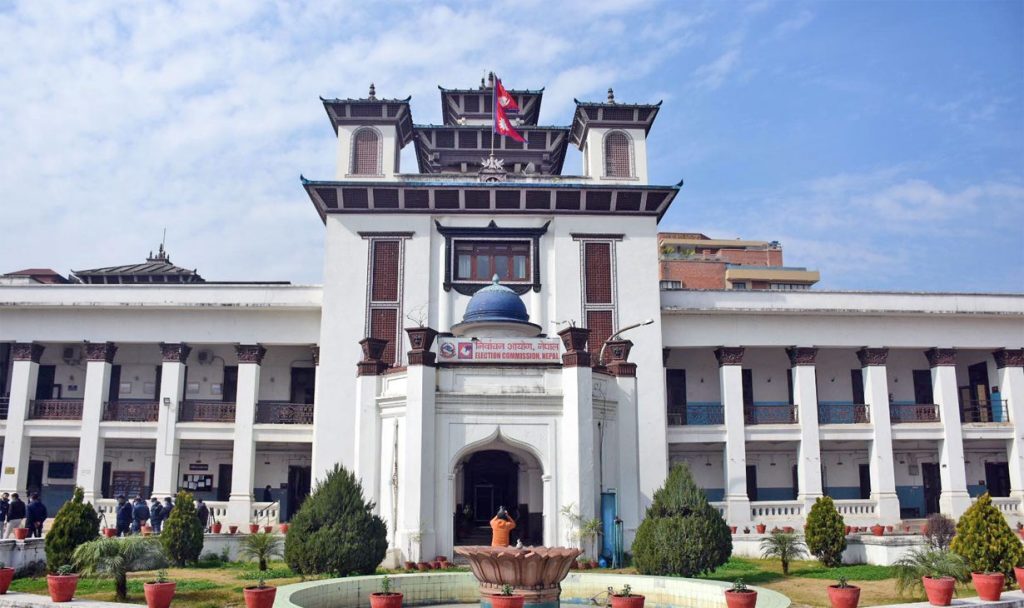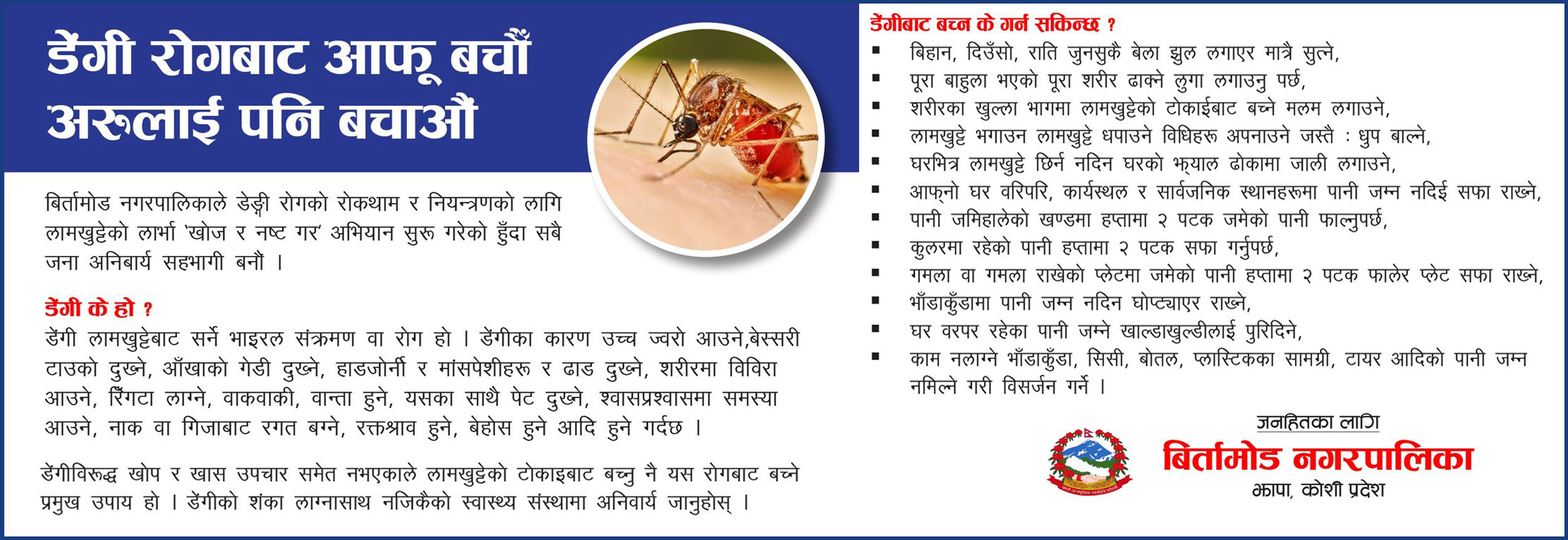
KATHMANDU : The statistics reveal that over the past decade, more than 12,000 Nepali workers who had gone abroad for employment tragically lost their lives. According to the Foreign Employment Board (FED), a total of 12,124 such workers have passed away abroad since the fiscal year 2013/14. To support the families of the deceased, the board’s welfare fund has disbursed 4.5 billion rupees.
Moreover, concerning trends have emerged indicating a rising rate of illness and amputations among Nepali workers abroad. During the same period, 2,544 individuals have returned to Nepal due to illness or after suffering amputations while working overseas.
Each year, a significant number of Nepalis seek employment opportunities in various countries. The FED’s data reveals that a considerable number of Nepali workers are experiencing severe illnesses, workplace accidents, amputations, and fatalities. Heart disease, road accidents, workplace mishaps, kidney disease, heart attacks, cancer, and other factors contribute to injuries and fatalities among Nepali workers. Notably, Nepali workers in Gulf countries bear a greater burden.
Among the countries, Malaysia records the highest number of sick and disabled Nepali workers at 760 individuals. Similarly, according to the board’s data, 585 Nepalis have faced health issues in Saudi Arabia, 483 in Qatar, 256 in the United Arab Emirates, and 111 in Kuwait. The incidence of illness, amputation, and death is notably higher in Malaysia, Saudi Arabia, and Qatar compared to other countries. The board has also noted that conflicts among Nepali workers in Malaysia have resulted in fatalities.
It is important to emphasize that the aforementioned data solely represents the figures provided by the FED. It does not include Nepali workers who have embarked on illegal employment, individuals who have faced post-work permit challenges, or those who have unfortunately lost their lives under such circumstances. The number of Nepali workers seeking foreign employment continues to rise.
For an extended period, there has been a distressing rise in the number of Nepali workers who have lost their lives or experienced severe injuries while working abroad. Despite undergoing health check-ups before departure, many workers fall ill after arriving in foreign countries due to the unfamiliar environment. Heart attacks account for a significant proportion of the reported fatalities during foreign employment. Additionally, there are alarming statistics concerning suicides and road accidents.
Nar Bahadur Chand, a section officer of the Foreign Employment Board (FED), highlighted the findings of research conducted by Nepali scholars, revealing that numerous Nepali workers have succumbed to heart-related problems, including heart attacks. He said, “The Gulf region, with its high temperatures and demanding work conditions, contributes to the prevalence of heart attacks among young workers. The workers’ lifestyles often fail to adapt to the new environment, and a lack of caution exacerbates the situation.”
To aid those affected by such unfortunate incidents, the government has established a workers’ welfare fund. The funds collected are utilized by the FED to provide assistance to the families of deceased workers, individuals suffering from severe illnesses, and those who have experienced amputations. According to the board’s data, financial aid amounting to 4.78 million rupees has been disbursed to 103 families of overseas workers for healthcare purposes. An additional 50,000 rupees have been allocated to the family members of workers facing serious illnesses.
The government formed the board in 2064 BS under the leadership of the Minister for Labor at that time, aiming to ensure safe, well-regulated, and dignified foreign employment while safeguarding the rights and interests of workers. The board, using the welfare fund, provides financial assistance in cases of worker fatalities and amputations. In the event of a worker’s death, the board has established a provision to provide 700,000 rupees to the affected family.
The welfare fund of the FED has made substantial expenditures, amounting to 5.9 billion rupees, as disclosed by Chand, the section officer of the board. These funds have been allocated for various purposes, including the compensation for workers who lost their lives while employed abroad, educational scholarships amounting to 20.2 million rupees provided to the families of 8,994 amputated workers, 560.2 million rupees for healthcare facilities catering to the needs of 2,544 workers with amputations and illnesses, and additional support for stranded workers. Moreover, the expenses have been utilized for the retrieval and repatriation of deceased workers’ bodies, as well as for medical treatment for their families.
The government has officially opened avenues for foreign employment in 111 countries. Individually, Nepali youth have ventured to work in 178 countries; however, a significant proportion of them are concentrated in the Gulf region and Malaysia.
Republica





